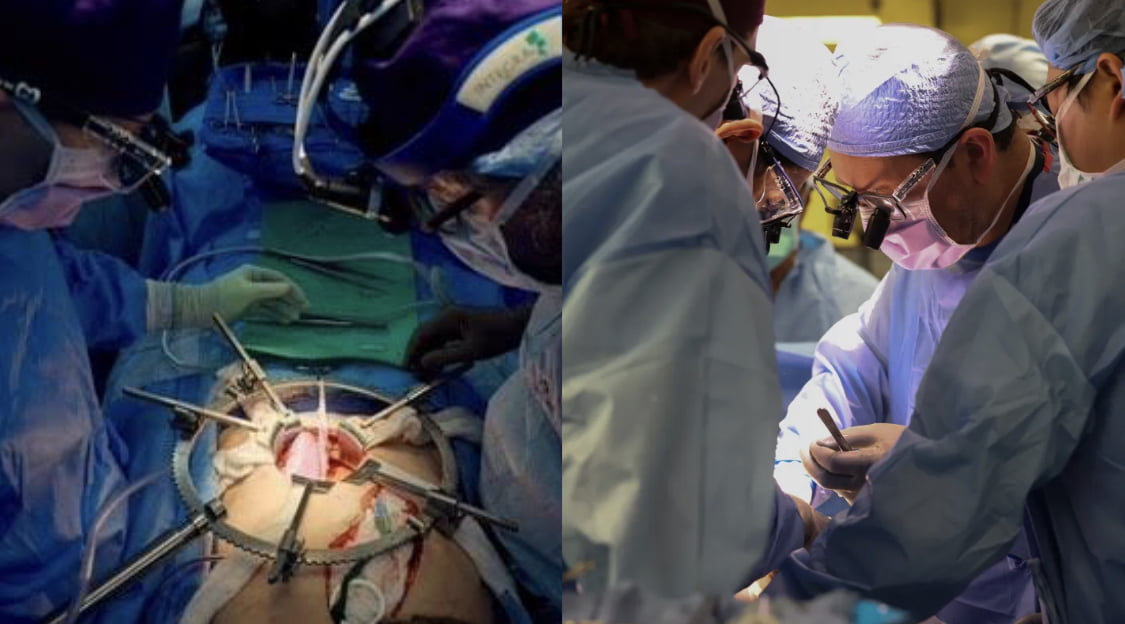A 62 year old man identified as Richard Slayman has become the first person to successfully have a genetically modified pig’s kidney transplanted into him.
The 4 hour operation was carried out by a transplant surgeon at Massachusetts General Hospital on March 16.
The patient is reported to be doing well and recovering steadily enough to be discharged soon.
The surgery was the culmination of years of work transplanting kidneys from a specially bred group of pigs—which had been genetically modified to more closely resemble those of humans—into primates. Encouraged by those results, the team at Mass General Brigham—the health system to which the hospital belongs—was confident it was time to test the pig organs in the first patient.
The patient’s condition had worsened despite initially receiving a human kidney 5 years before. He went back on dialysis after the organ failed following the transplant
Dr. Winfred Williams, Slayman’s physician and associate chair of nephrology at Massachusetts General Hospital, during a March 21 briefing, narrated the ordeal.
Dr. Tatsuo Kawai, who performed the transplant years ago has now successfully transplanted the pig kidney.
“The size of the pig kidney was exactly the same as the human kidney,” Kawai said during the briefing.
“Upon restoration of blood flow into the kidney, the kidney pinked up immediately and started to make urine. When we saw the first urine output, everyone in the operating room burst into applause. It was truly the most beautiful kidney I have ever seen.”
The kidney is a product of a biotech company called eGenesis. The company has been researching methods to make animal tissues close to human compatibility.
The pigs’ cells were treated with the gene-editing technology CRISPR, which allows scientists to make very precise genetic changes in cells.




















